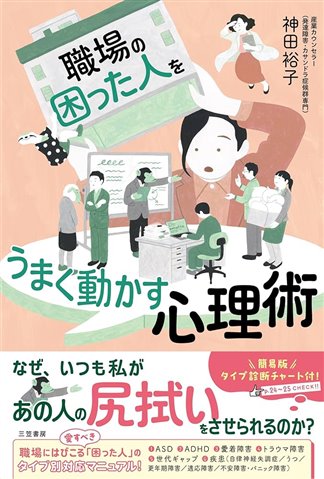Hello, I am an ASD individual living in Japan.
A controversial book titled *Psychological Techniques for Successfully Handling Troubled People in the Workplace* (職場の「困った人」をうまく動かす心理術)by industrial counselor Yuko Kanda is about to be released in Japan.
The book contains discriminatory language against people with ASD, ADHD, and other mental illnesses.
It uses illustrations comparing people with disabilities to animals; for example, ADHD is depicted as a "curious monkey," with the author stating in an interview, "I wanted to make it look cute, like a pet."
In the table of contents, the chapter on ASD includes statements like: "They don't mind giving off strange odors."
Regarding ADHD, the author says, "Their desk is a trash can."
The book also includes a simple diagnostic chart and checklist with no medical credibility.
Currently, people with developmental disabilities in Japan are speaking out and trying to stop the release of this book.
Could you please raise awareness of this issue in English-speaking countries?
I am using a translation app, so I apologize for any inappropriate expressions.
Thank you in advance.

